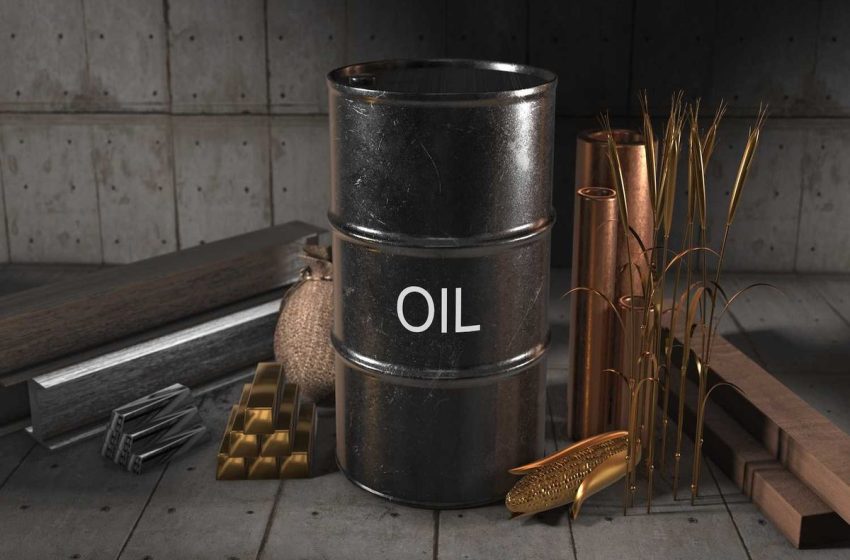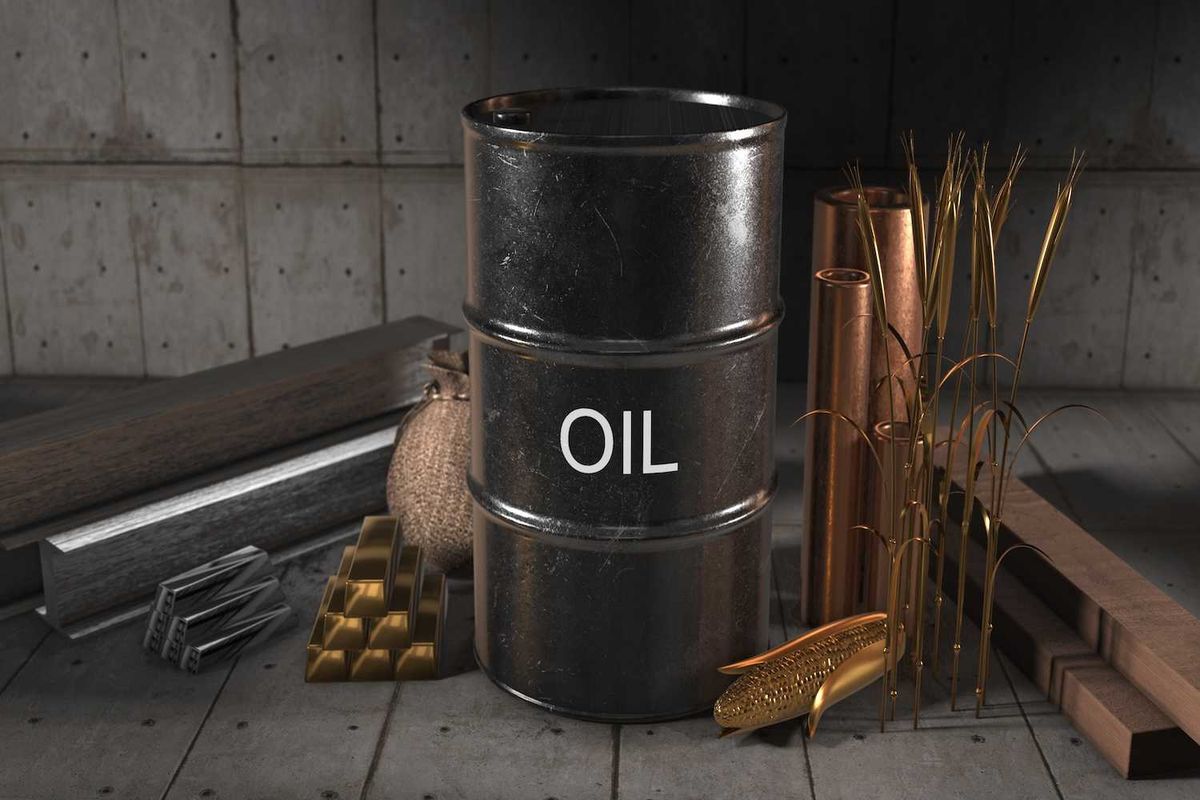WATCH: Ex-Biden spin doctor makes stunning admission after touting his sharpness for years
World Bank: Oil Glut to Drive Commodity Prices to Six-Year Low


Global commodity prices are on track to fall to their lowest level in six years by 2026, as weaker demand, a widening oil surplus, and policy uncertainty continue to weigh on markets, according to the World Bank’s latest Commodity Markets Outlook.
The World Bank expects global energy prices to fall sharply as oil oversupply builds.
The oil glut in 2025 is projected to expand 65 percent above its last peak in 2020 as electric and hybrid vehicles reduce fuel consumption and oil demand flattens in China.
Brent crude prices are forecast to slide from an average of US$68 per barrel in 2025 to US$60 in 2026, also marking the lowest level in five years. Overall, energy prices are seen dropping by 12 percent this year and an additional 10 percent next year.
Despite the declines, commodity prices remain elevated compared to pre-pandemic levels. The World Bank estimates 2025 prices will still average 23 percent higher than in 2019, and 2026 levels about 14 percent above pre-COVID benchmarks, reflecting structural shifts such as climate impacts, supply chain realignments, and new industrial demand.
Food markets are also showing signs of easing. Global food prices are forecast to fall in 2025 and 2026, aided by improved harvests and lower shipping costs. However, fertilizer costs are expected to surge this year before easing in 2026, driven by high input prices and trade restrictions that could strain farm profitability and threaten crop yields.
Precious metals, by contrast, are defying the broader trend.
Gold and silver have reached record highs in 2025, primarily buoyed by central bank purchases, investor demand for safe-haven assets, and ongoing macroeconomic uncertainty.
Meanwhile, gold prices are expected to rise 42 percent this year and another 5 percent in 2026, nearly doubling their 2015–2019 average. Silver is projected to increase 34 percent this year and 8 percent next year, extending its strong performance as the metal hit record highs in 2025.
While the downturn is providing some relief to inflation-hit economies, the World Bank warned that the decline may be temporary.
“Commodity markets are helping to stabilize the global economy,” said Indermit Gill, the World Bank Group’s Chief Economist and Senior Vice President for Development Economics. “Falling energy prices have contributed to the decline in global consumer-price inflation. But this respite will not last. Governments should use it to get their fiscal house in order, make economies business-ready, and accelerate trade and investment.”
The report also noted that the commodity outlook remains highly vulnerable to shifting global conditions. Prolonged trade disputes, sluggish economic growth, or an unexpected surge in oil supply from OPEC+ could drag prices further down.
Conversely, heightened geopolitical tensions, the imposition of new sanctions, or severe climate disruptions could drive them back up.
Beyond short-term price dynamics, the report’s Special Focus section for this year examines whether renewed global interest in managing supply and demand through commodity pacts could stabilize markets.
Drawing on a century of experience with international commodity agreements (ICAs), the World Bank found that most such efforts ultimately failed.
In the 20th century, producer and consumer nations attempted to stabilize prices through mechanisms involving inventory controls, trade quotas, and price-setting schemes for commodities.
While some early efforts achieved temporary price stability, most collapsed due to weak coordination and changing demand patterns. Even the Organization of the Petroleum Exporting Countries (OPEC)—the longest-lasting such arrangement—has faced increasing challenges from new energy sources and shifting consumer behavior.
“OPEC’s longevity stands out among other ICAs,” the report said, noting the oil cartel’s survival has depended on its ability to adjust production quotas, expand alliances through OPEC+, and engage with consumer nations through dialogue.
Still, the World Bank cautioned that OPEC faces growing headwinds from the global transition toward cleaner energy, which could usher in a period of stagnant or declining oil demand.
Securities Disclosure: I, Giann Liguid, hold no direct investment interest in any company mentioned in this article.








